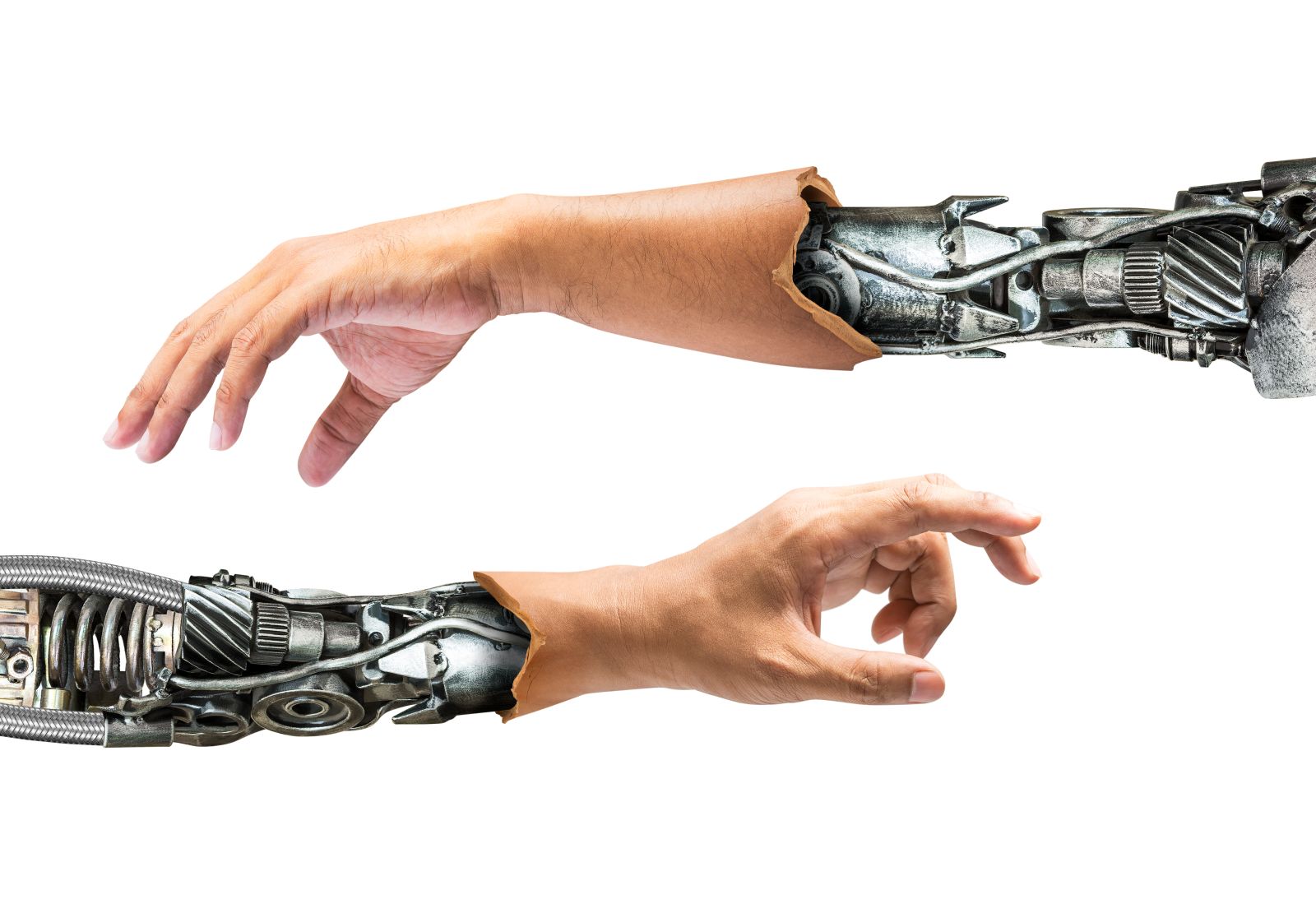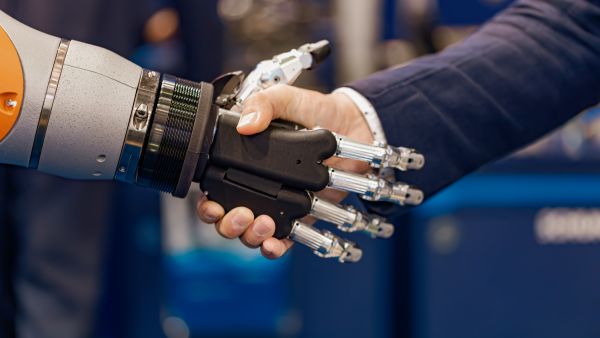ALBAWABA – A revolutionary new invention will allow paralyzed individuals to control robotic arms using only their thoughts. The device was developed by researchers at the University of California in the United States.
New device allows control through thoughts
Researchers at the University of California have developed an innovative device that allows paralyzed individuals to control robotic arms using their thoughts. Based on brain-computer interface technology, the device promises to revolutionize the lives of people with paralysis.
Multiple individuals took part in an experimental study conducted by the researchers behind the device. Notably, the participants had suffered from various types of strokes years ago, leaving them unable to move, speak, or perform many tasks. After using the new device, these individuals were able to perform these actions and tasks simply by thinking about them or imagining the movements.
According to the study, individuals with different types of paralysis will be able to perform daily tasks more easily and effectively, including eating, drinking, and performing mobility tasks independently.

Based on brain-computer interface technology, the device promises to revolutionize the lives of people with paralysis. (Shutterstock)
The new device operates through a complex artificial intelligence (AI) system that combines brain-computer interface technology, adapting to gradual changes in the brain over time. It features small sensors that capture brain activity when a paralyzed individual imagines performing a movement. These sensors then automatically transfer the gesture to the robotic arm, enabling it to perform the task.
Moreover, the new device was tested for nearly seven months and successfully operated without the need for intervention from researchers or engineers.










